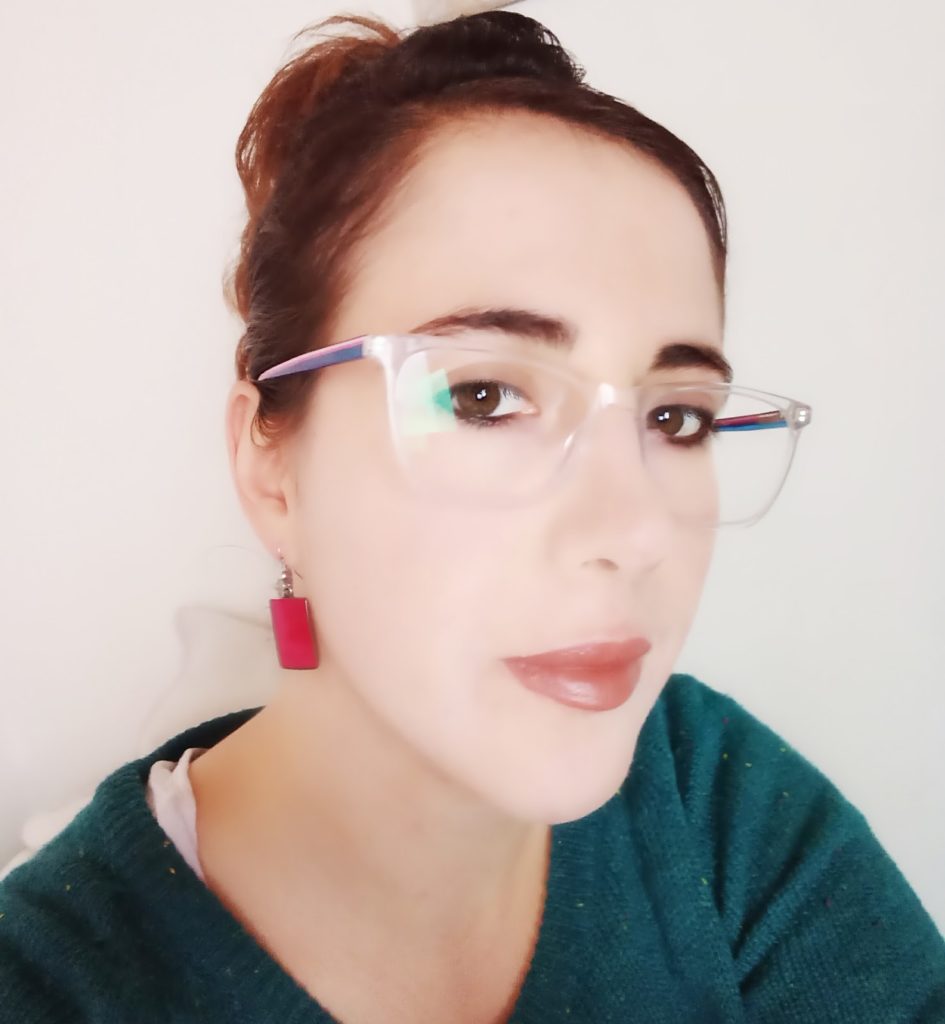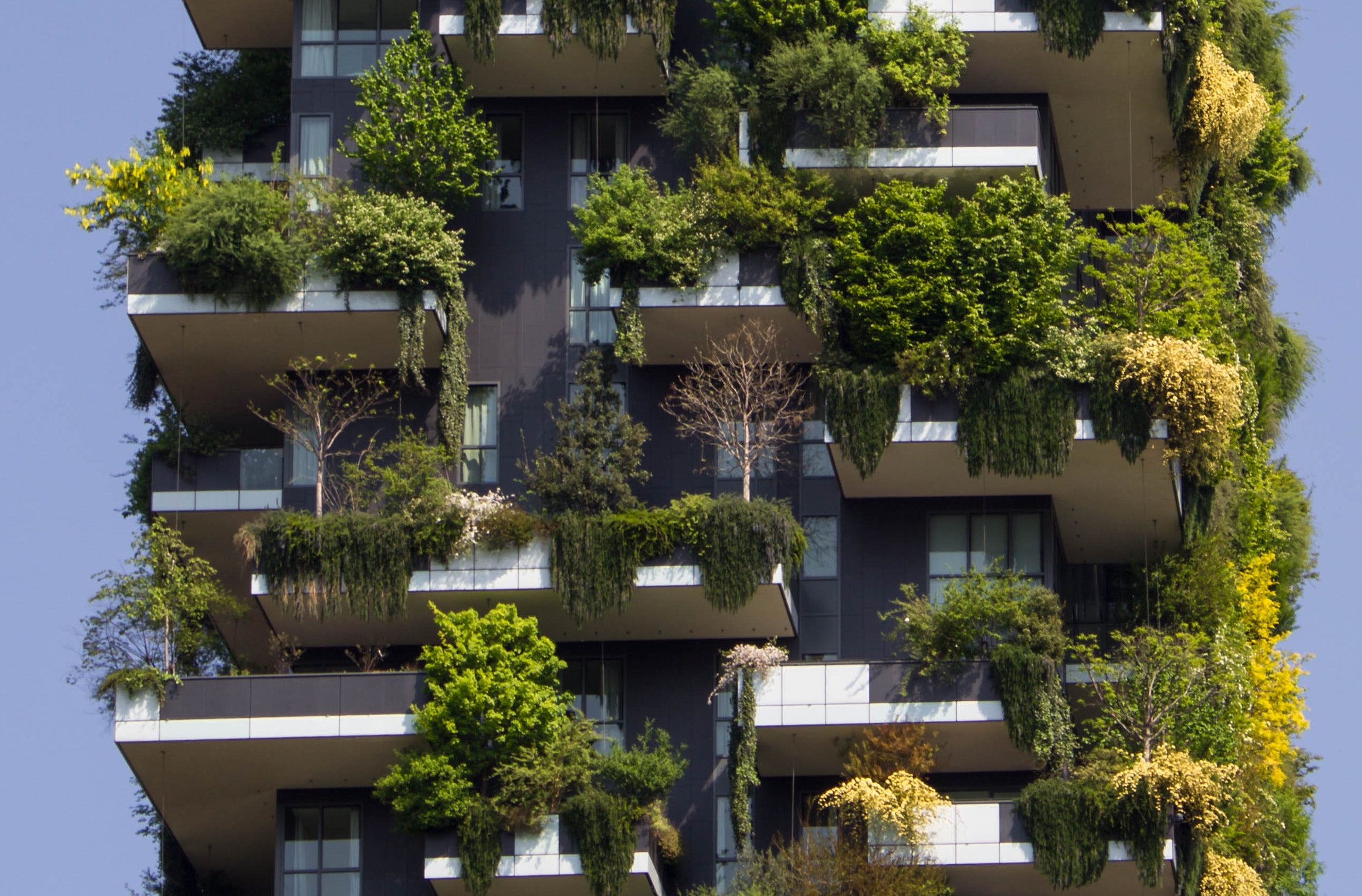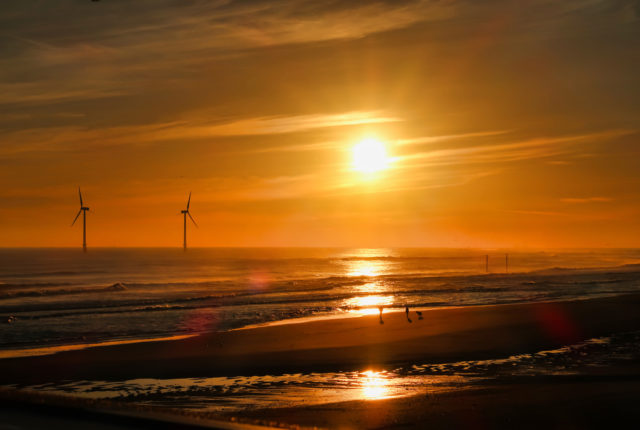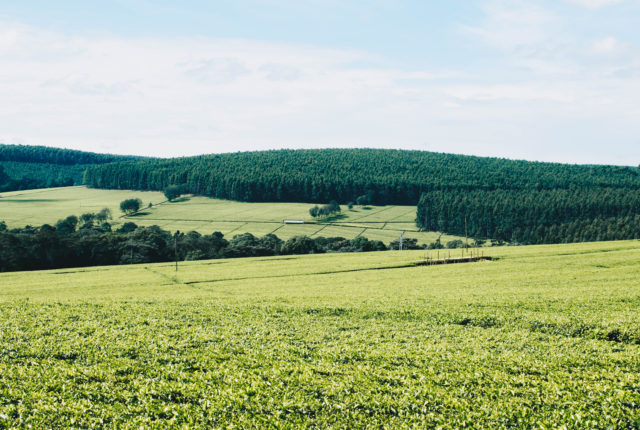By María Alejandra Herrera Palacio
I have always had a great interest in the environment. While studying to complete my undergraduate degree in Industrial Design, I had the opportunity to take courses where professors touched on the subject of climate change, but I never took a formal class on the subject. After finishing my undergraduate degree, I decided to find out what other courses I could take on the subject, and I found the SDG Academy’s Climate Change Science and Negotiations course.
I never imagined that I would learn so many things in one course; I was able to learn about the scientific basis of climate change, as well as the different negotiations at the international level about this issue. For me it was very important to be able to take classes with renowned professors in the field of sustainable development, such as economist Jeffrey Sachs and Professor Emmanuel Guérin. I also learned for the first time about the work that has been going on for years at the Stockholm Resilience Centre on climate change and planetary boundaries, and read publications from Professor Sachs, NASA, and others that were suggested by the course to learn about the changes on Earth that climate change has caused.
In 2015, I presented a lecture at the Universidad Javeriana in Bogotá, Colombia, on the topic of climate change in relation to industrial design, and I was able to use the knowledge that I acquired in the Climate Change Science and Negotiations course. The lecture was part the IV Colloquium of Systemic Design event hosted by the Faculty of Industrial Design at the Universidad Javeriana. (Here are a video and slideshow of the lecture.)
Last year, I brought my lecture to the X Latin American Congress on Design Education at the Universidad de Palermo in Argentina. This time I presented on the same topic about climate change and design, but with corrections and updated data for that year.
I recently began a Master’s Degree in Environmental Business Management at Universidad El Bosque in Bogotá. I am interested in this Master’s degree because it integrates business management with social and environmental responsibility. It provides tools to manage organizations in a sustainable manner, generating value added through correct management of environmental aspects. I think that organizations need to think about how to organize and use their resources and activities in a sustainable way to reduce negative impacts on society and the environment to achieve the SDGs, in consideration of human and environmental needs.
I realized in the first phase of my research that there is a lack of access to information on climate change in my country, Colombia. The majority of people in the country have a great lack of knowledge about what climate change is, and my country needs better strategies in order to train people on this subject that is crucial for our future and for our immediate present. In Colombia, there are not many curricula that deal specifically with the topic of climate change, and I believe that the way to achieve mitigation of greenhouse gases and adaptation to the climate phenomenon is to start with education. For this reason, I decided to do my degree project on this topic in the Master’s program.
The product of my graduate work is going to be a game about climate change. I have not yet entered the phase of design, but the goal of the product is to contribute to education about climate change and to transform the habits that permit adaptation and mitigation of the climate phenomenon.
My graduate advisor is Professor Jaime Alberto Romero Infante, director of my program and a civil engineer graduate from the Universidad de los Andes. He has a PhD in Civil Engineering from Politecnico di Milano and he is a researcher of different topics, such as clean production, sustainable habits and lifestyle, green markets, health and environment, among others. Through Jaime’s lessons, I have learned about the importance of understanding the structure of organizations and their relationship with the environment. I’m very grateful to have found a professor like him.
Sustainable development is fundamental for our planet to continue to exist and for us to be able to use the Earth’s resources in an environmentally sustainable way. In reality, there is no Planet B, and we need to preserve our species and the planet, so that future generations can thrive.

María Alejandra Herrera Palacio is an industrial designer graduate from Universidad Javeriana, with a background in transdisciplinary research who is currently finishing the first semester of her Master’s Degree in Environmental Business Management at Universidad El Bosque in Bogotá, Colombia. She belongs to Fundación Ciencias de la Documentación, a Spanish leadership program on organization. In the future, María hopes to have the opportunity to complete a PhD. She aims to continue improving her English and dreams about working for an important institution like the United Nations.





